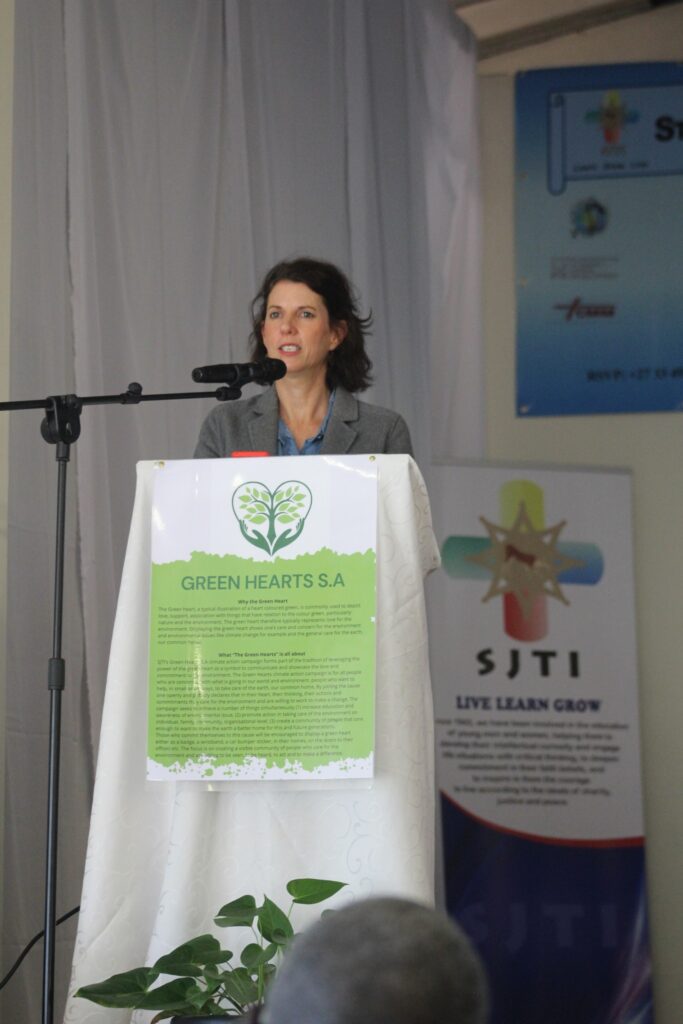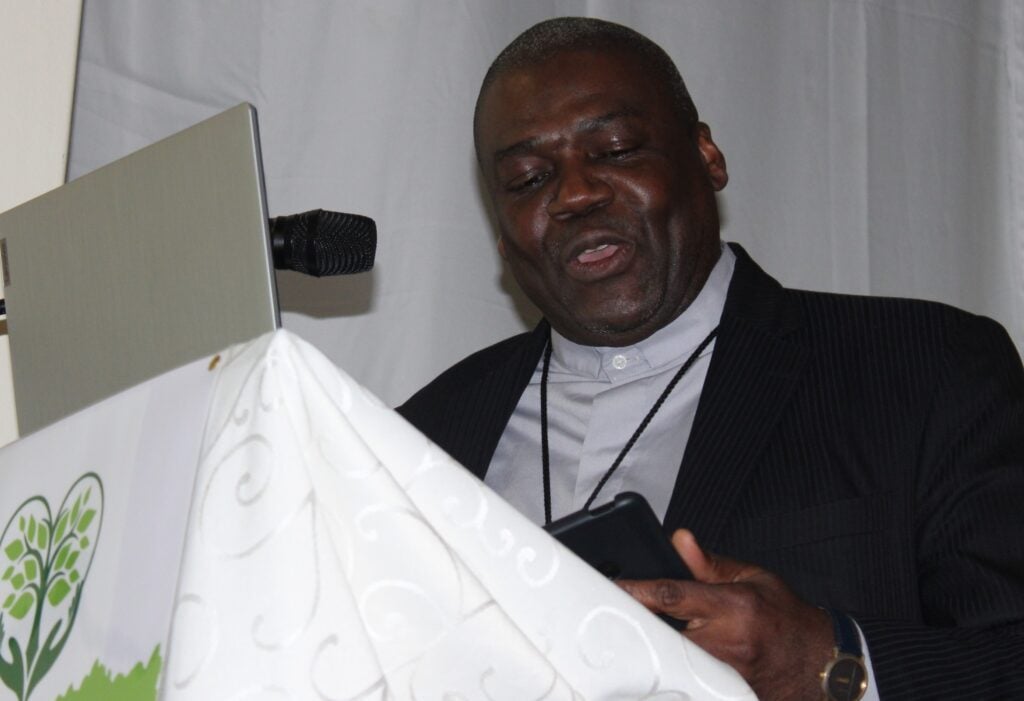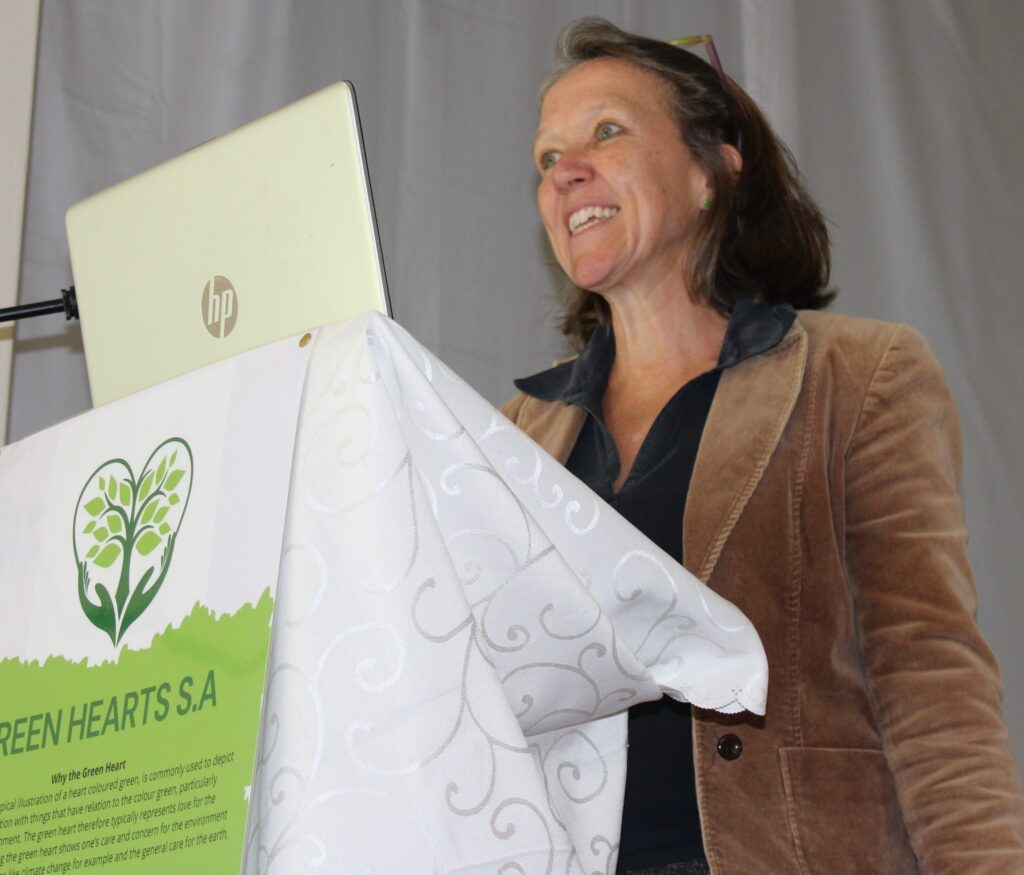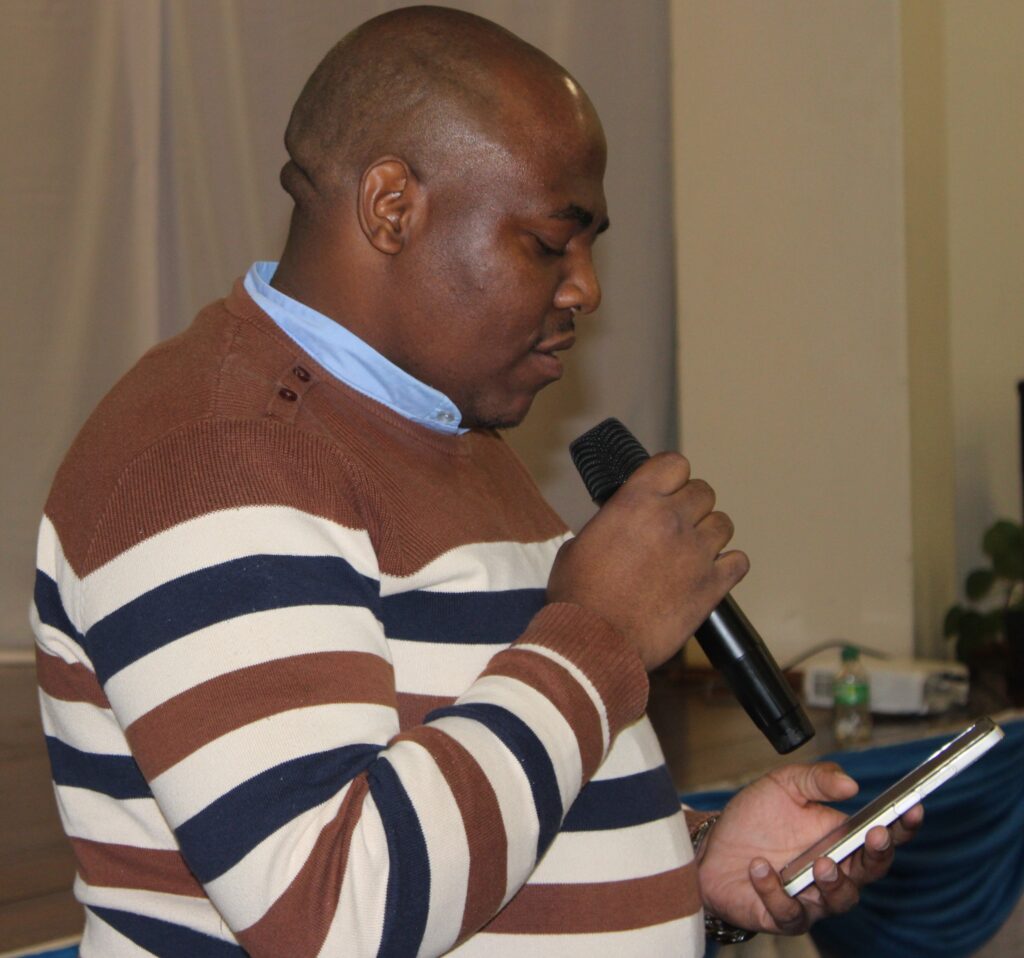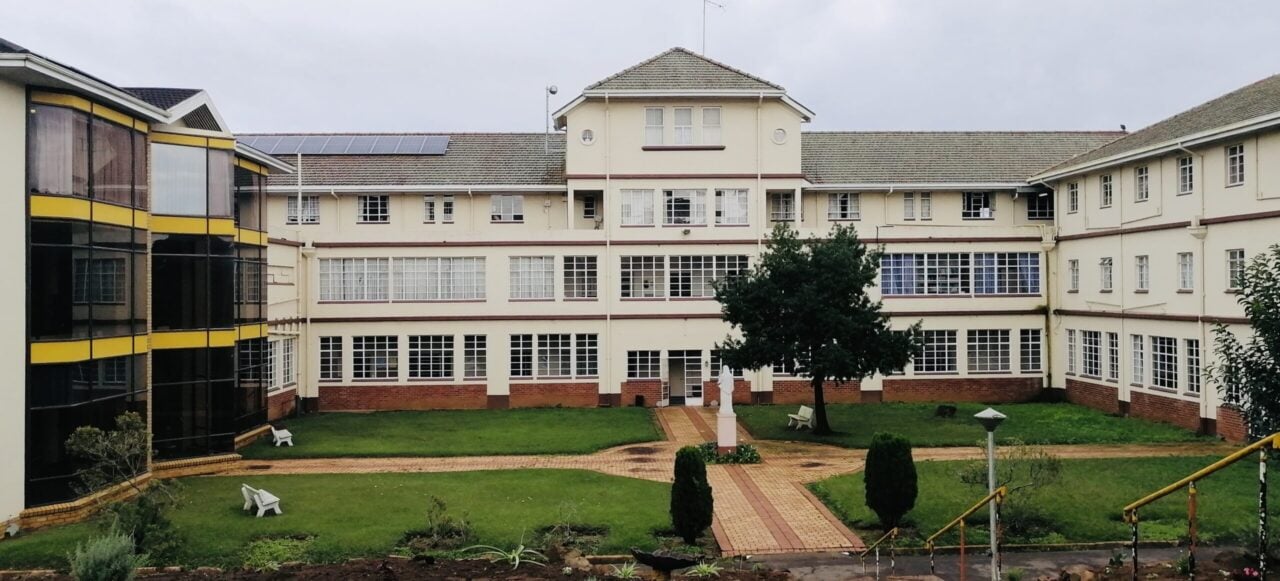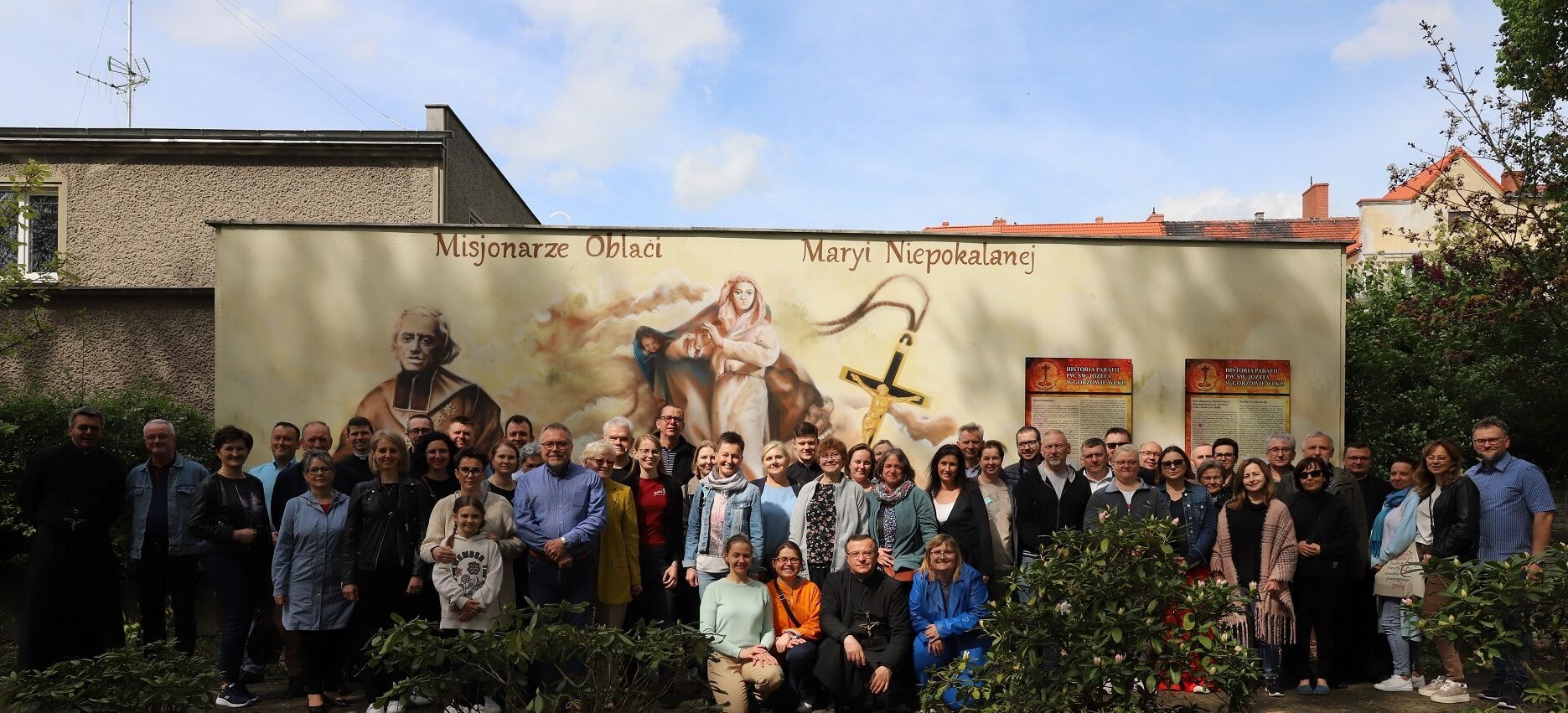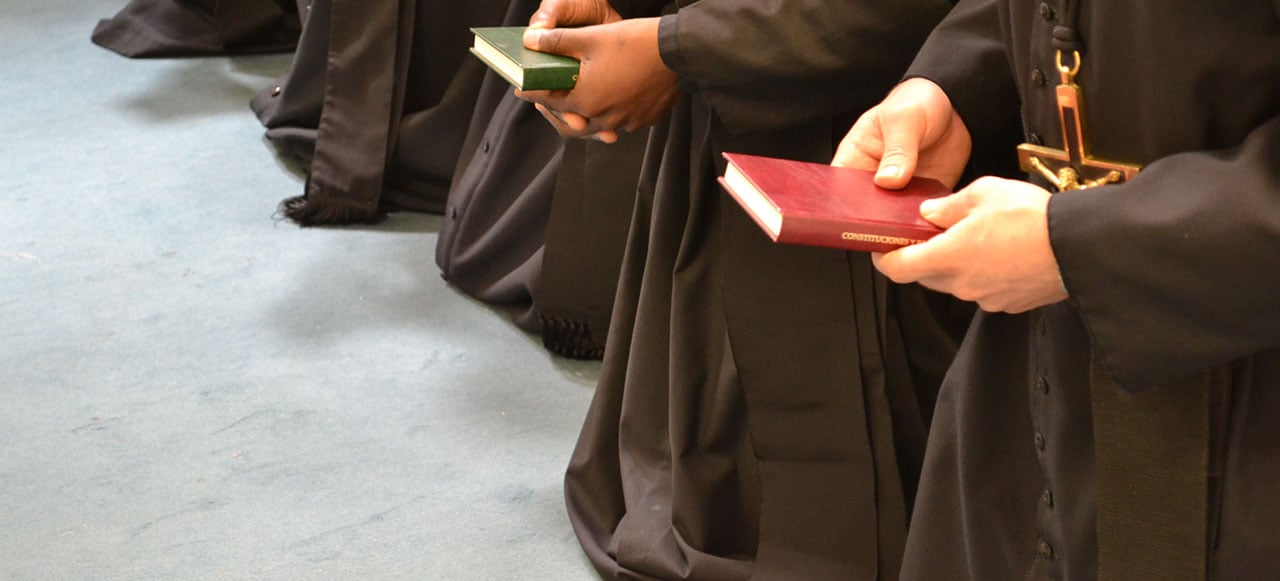“We cannot afford to remain ‘practical denialists’”
Sch. Br. Sipho MUKOBOLA, OMI
The St. Joseph Theological Institute in Cedara, South Africa, recently welcomed scholars, activists, and experts for their annual Ecology Conference on April 12th and 13th, 2024.
This year’s conference centered on “Ecology in Africa,” sparking vibrant conversations and sharing of ideas among attendees. The presence of Fr. Jean-Hérick Jasmin, the Oblate Director of JPIC, added a layer of significance, enriching the discussions with his insights and initiatives on ecological justice and peace.
Africa is on the frontline, suffering disproportionately from climate change
Africa is a continent blessed with vast natural resources, diverse ecosystems, and unique wildlife. Yet, as the global ecological crisis deepens, our continent is far from being a bystander. In fact, Africa is on the frontline, suffering disproportionately from climate change effects primarily caused by the industrial actions of the global north. The solutions on the table are often out of reach, burdened by steep costs that neither our communities nor our governments can easily bear. This challenge is compounded by limited funding and hesitant leadership. But despite these hurdles, the conversation about our environment remains vital. Recognizing this urgency, St. Joseph’s Theological Institute in South Africa has centered its annual conference on exploring Ecology in Africa this year.
When disasters strike, they hit our poorest communities the hardest
Some issues Africa still grapples with are waste and disaster-risk management. Most African countries lean on landfilling for waste disposal because recycling, though preferable, is economically burdensome. Moreover, more research and financial resources are needed to support alternative forms of waste management. When disasters strike, they hit our poorest communities the hardest, and the support they receive afterward is often inadequate. This is compounded by a lack of resolute leadership at all levels, which continues to uphold a system that benefits the affluent and powerful at the expense of the vulnerable.
We cannot afford to remain ‘practical denialists’
At the conference, a recurring message was clear: the ecological crisis isn’t a distant threat; it’s a present reality affecting us all, especially the poor. Only an ecological conversion will lead to harmony, a shift from a utilitarian view of creation to one that appreciates interconnectedness and a sense of the divine in nature. We cannot afford to remain ‘practical denialists’, theorizing about ecological issues yet failing to commit to conversion. Our communities sadly include many who resist this change. To genuinely care for our planet—and thus for our most vulnerable—our actions must be intentional and focused. As I recently learned, we need to reach a place where our hearts break for what breaks our Common Home and humanity. Only then can we hope to drive the deep and lasting change that is so desperately needed.
Pics courtesy of SJTI @fb

